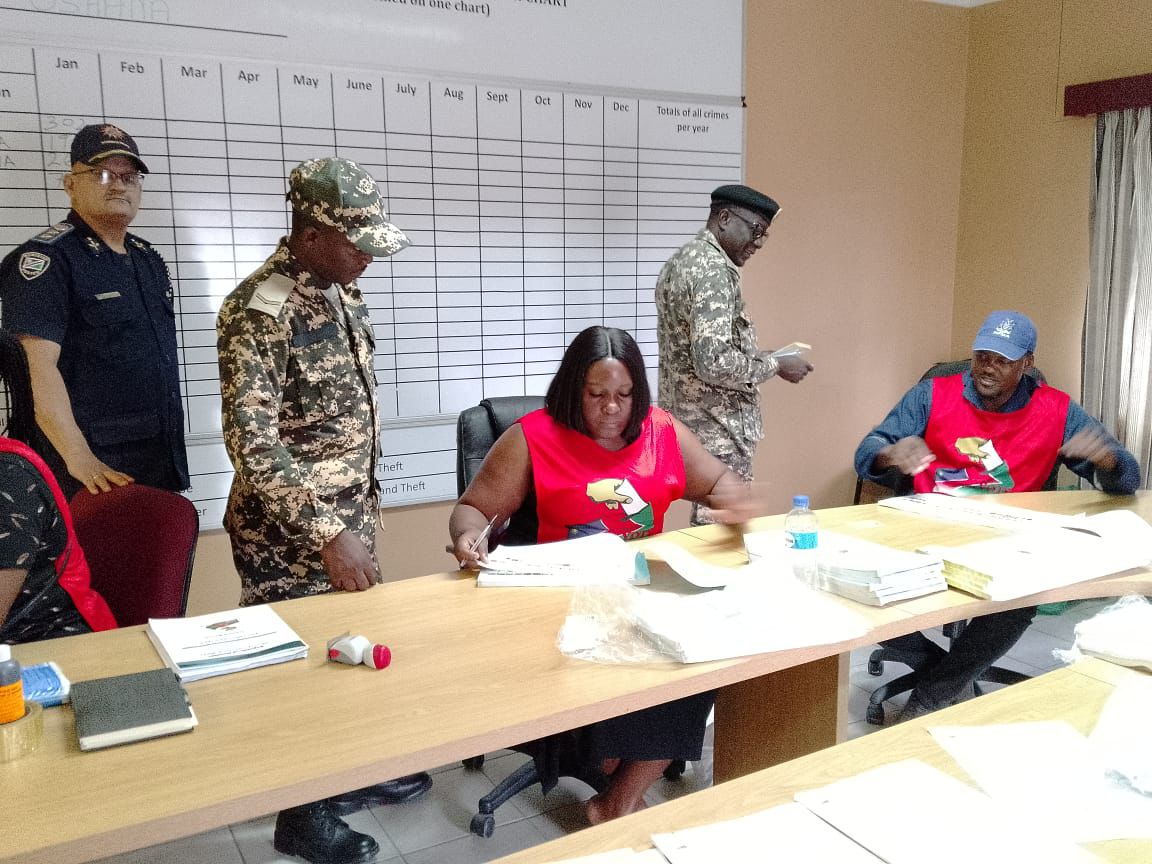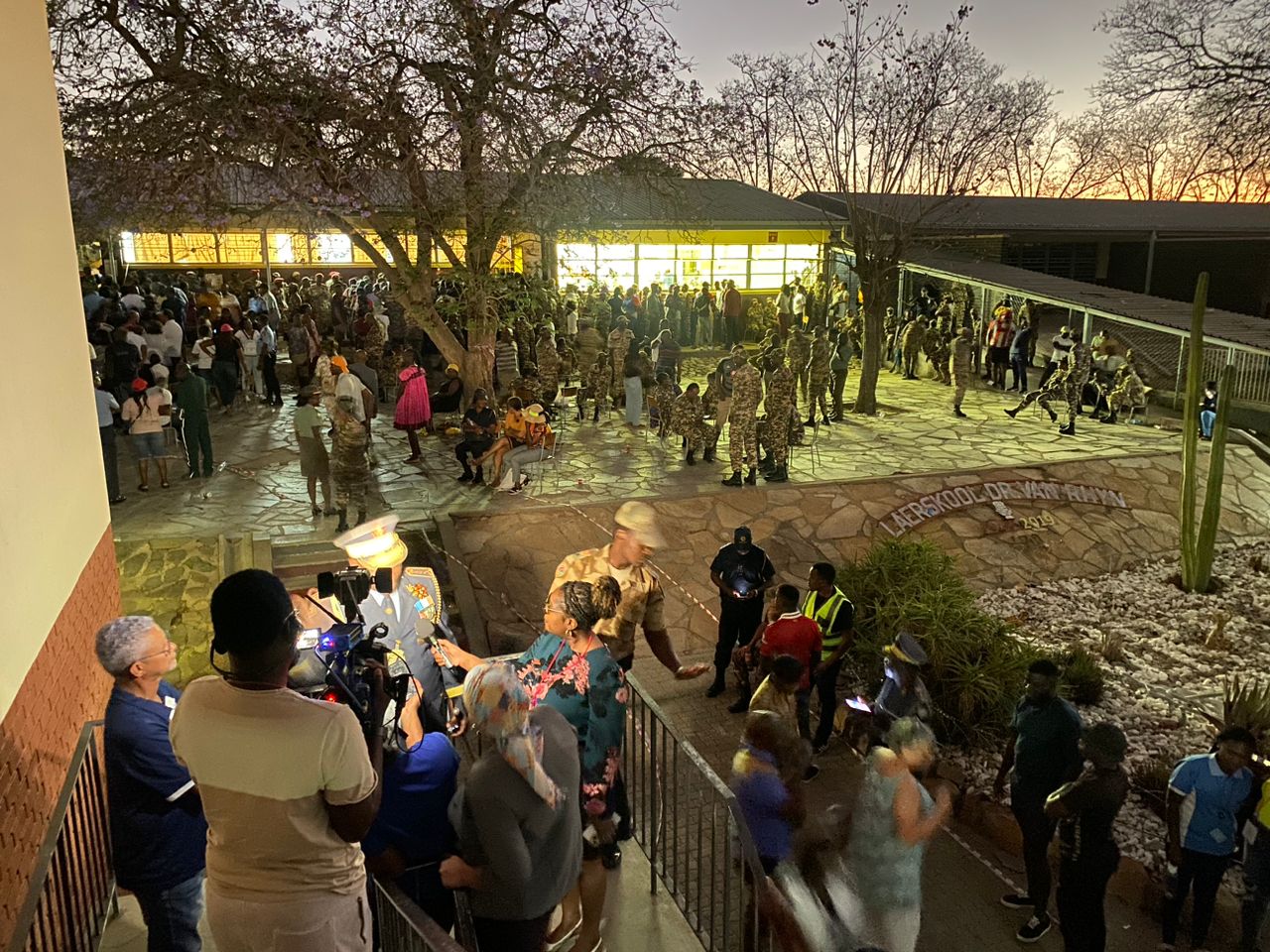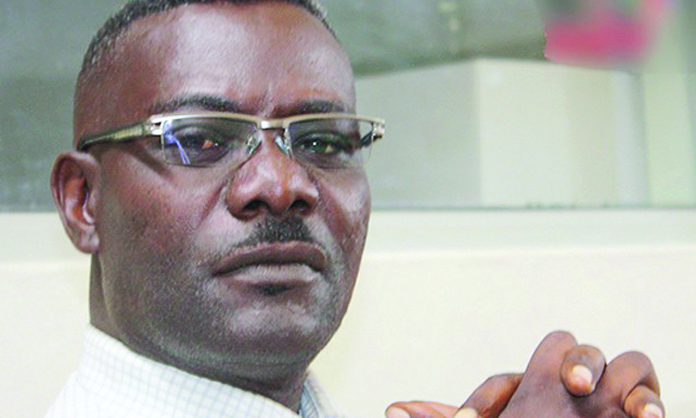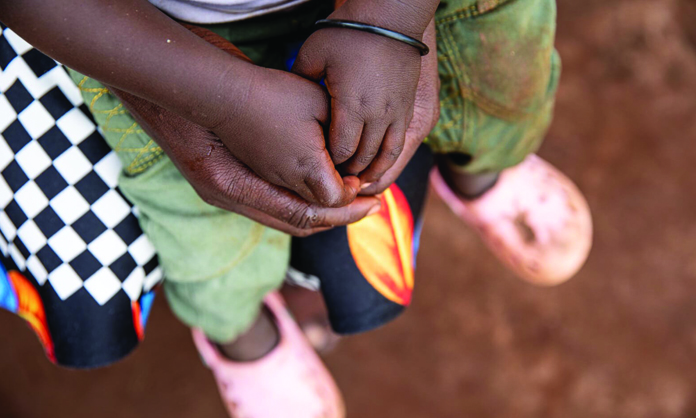A few weeks before they kill Naeman Amakali, I’m begging a taxi driver to let it go.
He’s older. An elder. The kind of greying around the edges who probably has a son the same age as the taxi driver who cuts in front of him, snarls at his protest and then lobbies a string of swear words through the front passenger window, over my lap and straight into my driver’s face, visibly taught with thinly suppressed anger.
The taunts continue and I roll up my window leaving a thin crack for air.
I tell the driver the man is a hothead, an idiot, a troublemaker and a bore and that one never knows what people are capable of so it’s best to think of his wife and children.
The faceless but significant people he wants to return to, perhaps annoyed but unscathed.
The driver and I watch the other cabbie scream across the intersection a beat before the robot turns green and we chuckle knowingly but privately, quietly, furious.
Windhoek’s drivers are becoming too reckless, so arrogant, increasingly unperturbed by things as lifesaving as road rules and common decency and it frightens us into a fury.
The scene floats back to me when I hear the news about Amakali.
After my heart stops, I blink dumbly in disbelief and send a prayer to the place where prayers go too late but hopeful.
After the NUST students’ protests and the prayer, I see Amakali everywhere.
I clamber in next to him at Maerua Mall, watch him hop out at NUST on my way home and sometimes his is the face bent low at the window hoping his destination is in line with the cabbie’s plans.
“Khomasdal?”
Early morning.
Independence Day.
A dark car full of witnesses who have said nothing.
“Khomasdal?”
A death trap.
Before dawn.
One dead.
“Khomasdal?”
Just a woman getting in with a face nothing like Amakali’s who spends the duration of the trip reading the newspaper, hunched up against the window, glancing sporadically at her phone.
Though we keep it mostly to ourselves, I’m not the only person who is haunted.
Every now and then, the fear creeps into conversation and we taxi-users shudder at our inability to blink Amakali out of our eyes as we whizz across the city next to strangers we hope will make it home uneventfully.
Cabbies have a bad reputation but the man who killed Amakali doesn’t seem to be one of them and for that, at least, I am guiltily grateful.
I’ve never learnt to drive and take cabs every day.
Most of my rides are humdrum if not the pleasant exchange of national news and the appreciation of great music capped with the hope that I will have a good day.
The commonplace criminals who regularly abbreviate Namibian lives as we drive on our country’s notable roads, honoured as some of the best in the world for dying.
As of yet, there has been no justice for Amakali in terms of apprehending his killer but perhaps society can offer an additional type of atonement.
Zero tolerance, heavy penalties and revoked licenses for the road-ragers, the reckless overtakers, the speeding, the drunk driving, the overloading, the illegal firearm bearing and the rule breaking.
Stay informed with The Namibian – your source for credible journalism. Get in-depth reporting and opinions for
only N$85 a month. Invest in journalism, invest in democracy –
Subscribe Now!






